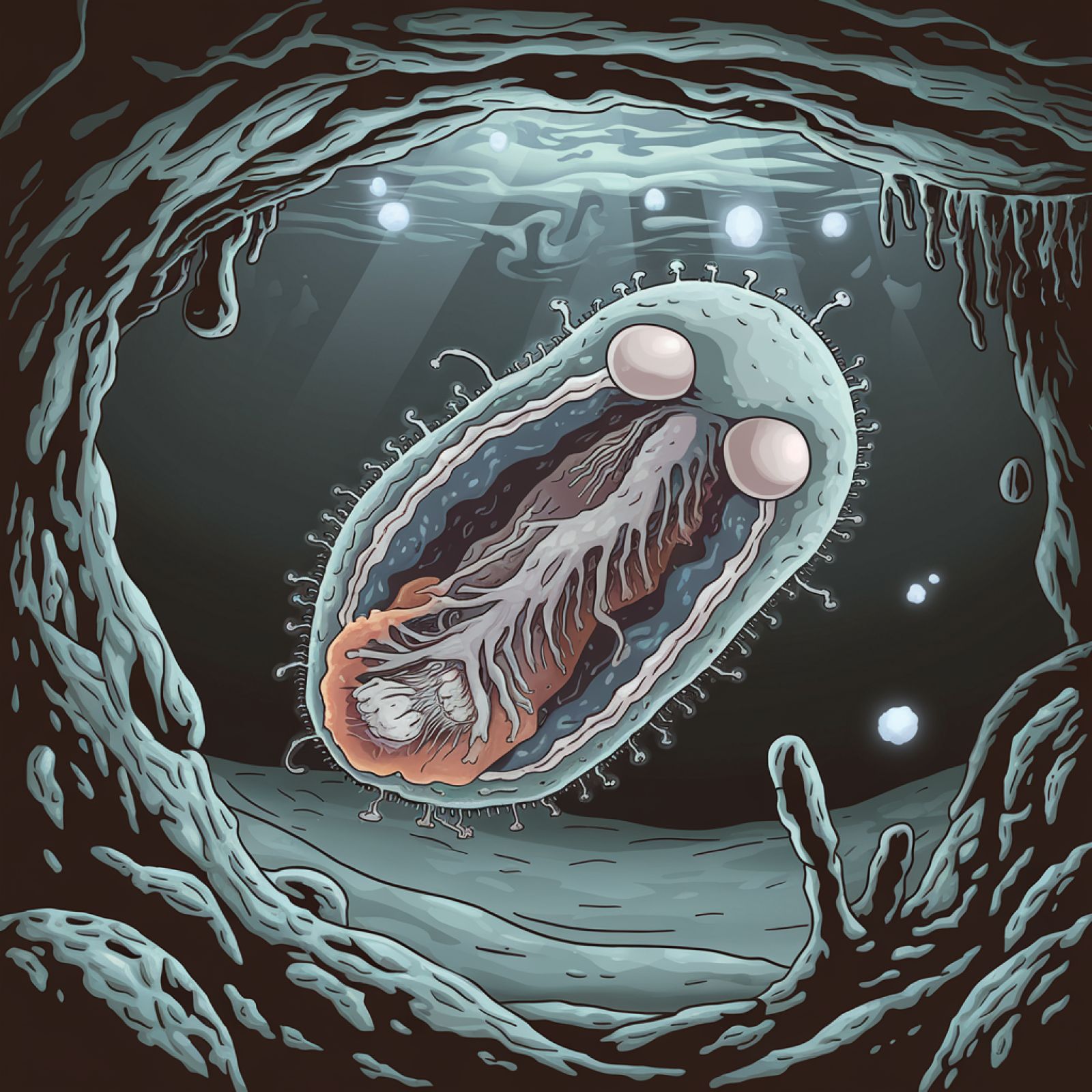What did the common ancestor of all living beings look like?
Published by Cédric,
Article author: Cédric DEPOND
Source: Nature Ecology & Evolution
Other Languages: FR, DE, ES, PT
Article author: Cédric DEPOND
Source: Nature Ecology & Evolution
Other Languages: FR, DE, ES, PT
Follow us on Google News (click on ☆)
How did this microbe manage to survive in such a young and hostile world? New discoveries provide surprising insights into the origins of life.

Recent research, published in Nature Ecology & Evolution, suggests that LUCA (an acronym for "last universal common ancestor") emerged much earlier than previously thought—just a few hundred million years after the formation of Earth, about 4.2 billion years ago. Moreover, these findings reveal that it had an unexpected level of complexity. This primitive single-celled organism encoded for about 2,600 different proteins, indicating a sophisticated organization.
LUCA fed on carbon dioxide and hydrogen, compounds abundant in ocean hydrothermal vents. However, some genes suggest it was also able to live near the surface, where it was exposed to ultraviolet radiation.
Scientists from the University of Bristol used advanced methods to trace this ancestor. They compared the genomes of 700 microorganisms, examining mutations and estimating the timing of evolutionary branch splits. Their work reveals an organism capable of surviving in extreme conditions. LUCA may have been an extremophile, accustomed to hot, toxic environments similar to Earth's early volcanic landscapes.
Interestingly, LUCA also had a rudimentary immune system, formed by genes related to the CRISPR/Cas9 system. Long before modern geneticists began using this mechanism, it was already protecting LUCA from viruses.
These discoveries bring us closer to understanding the origins of life on Earth. They also suggest that life forms could exist elsewhere, on planets with conditions resembling those of early Earth. Far from being a simple organism, LUCA emerges as a key player in the grand adventure of life, marked by an incredible ability to adapt.